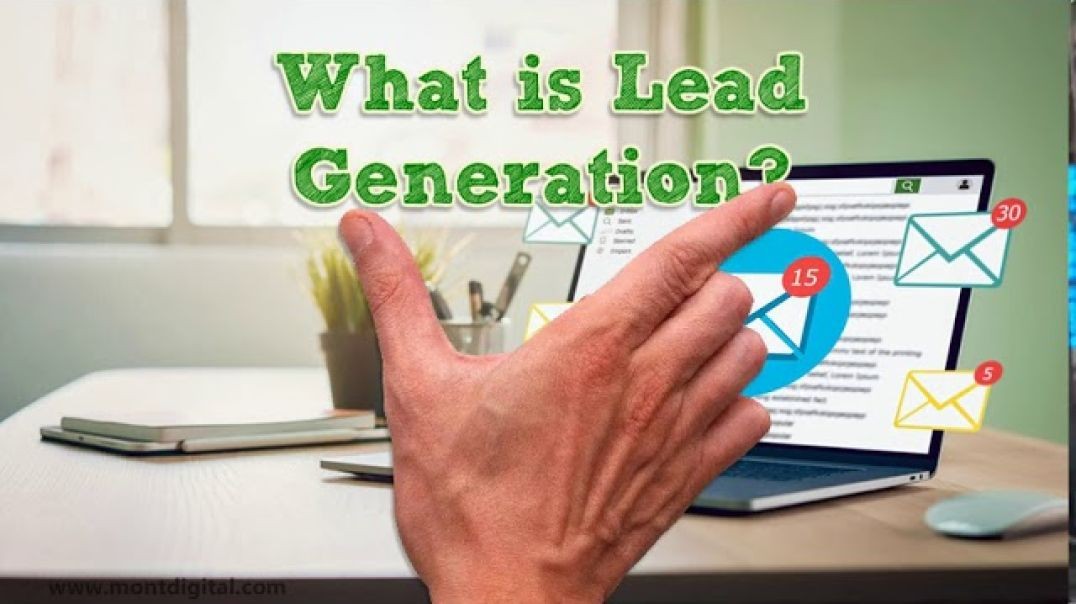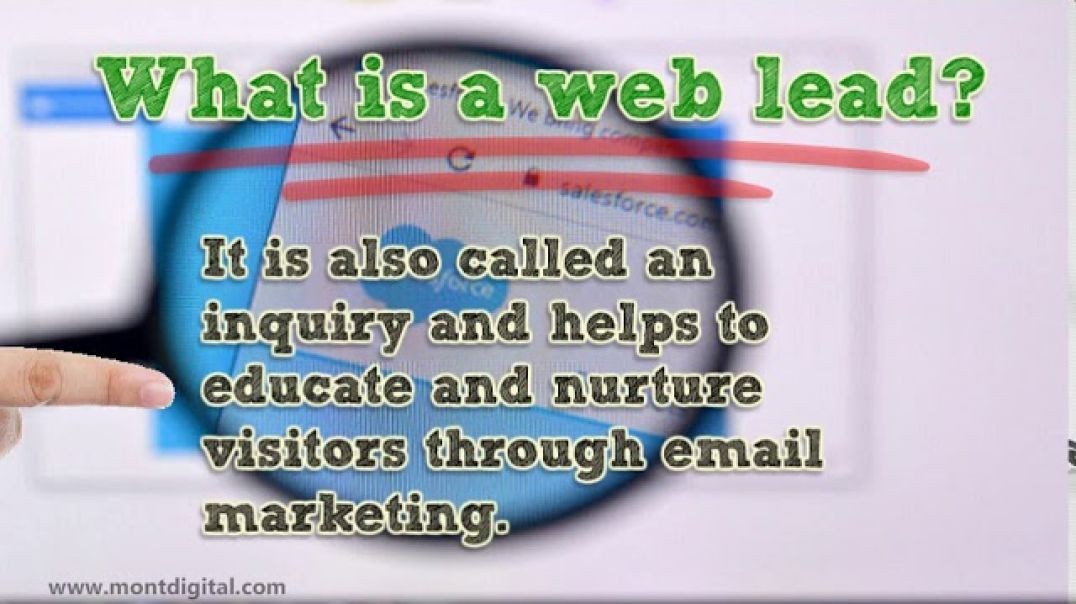Lead Generation
Lead generation is the process of attracting and converting prospects into potential customers. It’s a crucial aspect of marketing and sales, driving business growth by identifying and nurturing potential leads through various channels and tactics.
Importance of Lead Generation:
In today's competitive market, generating quality leads is essential for sustainable business growth. Effective lead generation strategies not only increase sales but also build brand awareness, establish credibility, and foster long-term customer relationships.
Key Strategies for Lead Generation:
Content Marketing: Create valuable content that addresses your audience’s pain points and interests to attract leads organically.
SEO and SEM: Optimize your website and content for search engines to attract organic traffic and run targeted paid campaigns for immediate results.
Social Media Marketing: Utilize platforms like Facebook, LinkedIn, and Twitter to engage with prospects and drive traffic to your website.
Email Marketing: Nurture leads through personalized email campaigns, offering relevant content and incentives to encourage conversions.
Landing Pages and CTAs: Design compelling landing pages with clear calls-to-action (CTAs) to capture visitor information effectively.
Tools and Technologies for Lead Generation:
Explore essential tools that streamline and enhance your lead generation efforts:
CRM Systems: Manage and track leads throughout the sales funnel with Customer Relationship Management (CRM) software like Salesforce, HubSpot, or Zoho CRM.
Marketing Automation: Automate repetitive tasks and nurture leads efficiently using platforms such as Marketo, Mailchimp, or ActiveCampaign.
Analytics and Reporting: Measure campaign performance and optimize strategies with tools like Google Analytics, Kissmetrics, or Moz.
Lead Magnets: Offer valuable resources such as ebooks, webinars, or free trials to capture lead information and build a subscriber base.
Social Media Management: Schedule posts, monitor engagement, and analyze metrics with tools like Buffer, Hootsuite, or Sprout Social.
Best Practices for Effective Lead Generation:
Target Audience Research: Understand your ideal customer profile and tailor your strategies to resonate with their needs and preferences.
Multi-channel Approach: Utilize a combination of online and offline channels to reach prospects across different touchpoints.
Consistent Follow-up: Nurture leads through personalized communication and timely follow-ups to maintain engagement and trust.
Optimization and Testing: Continuously test and optimize your campaigns, landing pages, and CTAs to improve conversion rates over time.
Compliance and Privacy: Ensure compliance with data protection regulations like GDPR and CCPA to build trust and protect consumer privacy.
Challenges in Lead Generation:
While lead generation offers substantial benefits, marketers often face challenges such as:
Lead Quality: Ensuring leads are qualified and likely to convert into customers.
Competitive Landscape: Standing out in a crowded market and capturing audience attention.
Measuring ROI: Effectively measuring the return on investment (ROI) of lead generation efforts and optimizing accordingly.





















